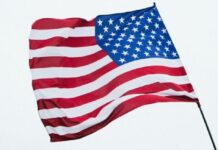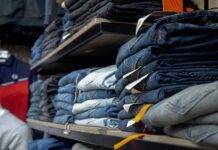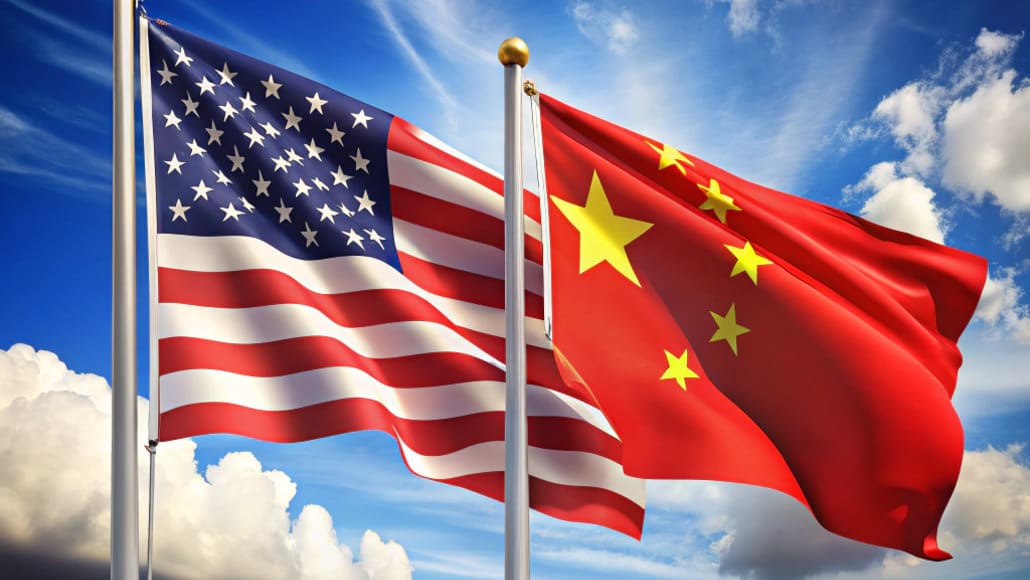The United States Trade Representative (USTR) recently launched a scathing critique against China, India, and several other nations for engaging in what it deems unfair textile trade practices that are threatening the competitiveness of the U.S. textile and apparel industry. In a strongly-worded statement coinciding with National Textile Day, the USTR highlighted how non-market policies, high tariffs, and opaque regulations in these countries have disrupted fair competition, resulting in factory closures and job losses across the United States.
China’s Policies Under Scrutiny
USTR’s primary criticism was leveled against China, accusing its textile manufacturers of leveraging non-market policies to gain an “unfair competitive advantage.” According to the statement, these practices allow Chinese manufacturers to offer artificially low prices, making it difficult for U.S. domestic producers to compete. The repercussions have been severe, with 28 U.S. textile plants shutting down in the past 22 months alone.
China’s dominance in the U.S. textile import market is significant, accounting for 21% of the $79.3 billion worth of apparel imported by the United States in 2024. Further exacerbating the problem, Chinese e-commerce platforms reportedly represent over 30% of daily de minimis shipments to the U.S., enabling them to bypass tariffs and other trade enforcement mechanisms. “The influx of cheap apparel has decimated local industries, particularly in the southeastern United States,” the statement read.
India’s High Tariffs and Incentives
India, the second major target of USTR’s accusations, was criticized for what the U.S. described as a web of “high tariffs, export promotion incentives, and restrictive import licensing requirements.” These measures, the USTR claims, create an uneven playing field for American manufacturers looking to tap into the Indian market. Such practices fall under the broader umbrella of unfair textile trade practices that the USTR is aiming to address.
Additionally, India’s production-linked incentive (PLI) schemes supporting its domestic textile industry were flagged as providing an unfair edge to Indian manufacturers. “The tariff and incentive structure makes it nearly impossible for U.S. textile exporters to gain equitable access to the Indian market,” said an industry analyst.
European Union’s Non-Tariff Barriers
The European Union (EU) also came under fire for imposing non-tariff barriers that purportedly raise compliance costs for U.S. exporters. These include eco-design requirements outlined in the EU Strategy for Sustainable and Circular Textiles, extended producer responsibility fees, and the introduction of digital product passports. The USTR called these measures burdensome and criticized the unrealistic timelines for implementation.
Broader Implications
The USTR’s accusations extended beyond these three entities, with countries like Bangladesh, Vietnam, Kenya, Cambodia, Turkey, and Peru also facing scrutiny. A key concern is the ripple effect of such practices on global trade dynamics. Many of these nations have become critical players in the textile and apparel supply chain, and their policies directly impact the volume and cost of exports entering the U.S. market.
The Cost of Unfair Policies
These trade practices have had far-reaching consequences for the U.S. textile industry. Once a robust sector, it has experienced significant job losses, factory closures, and declining global competitiveness over the past two decades. The closure of dozens of plants in the U.S. in the recent past underscores the challenges posed by these unfair textile trade practices.
Future Actions
While the USTR has outlined its grievances, the next steps include potential trade remediation measures, which could involve stricter enforcement of existing policies or even the introduction of retaliatory tariffs. U.S. officials are also expected to engage in trade negotiations with the accused nations to mitigate the impact of these policies on American manufacturers.
In 2025, the U.S. textile industry remains a critical component of the country’s economy, and these developments are likely to have a significant influence on the sector’s trajectory moving forward. Stakeholders from various industries have called for a balanced approach that protects domestic manufacturing while maintaining healthy trade relationships with global partners.
Conclusion
The allegations by the USTR against China, India, and other countries mark yet another chapter in the ongoing battle over global trade practices. As the U.S. seeks to protect its domestic textile sector, global trade dynamics continue to evolve, with sustainability and fair competition expected to play pivotal roles in shaping the future of the textile industry.


































